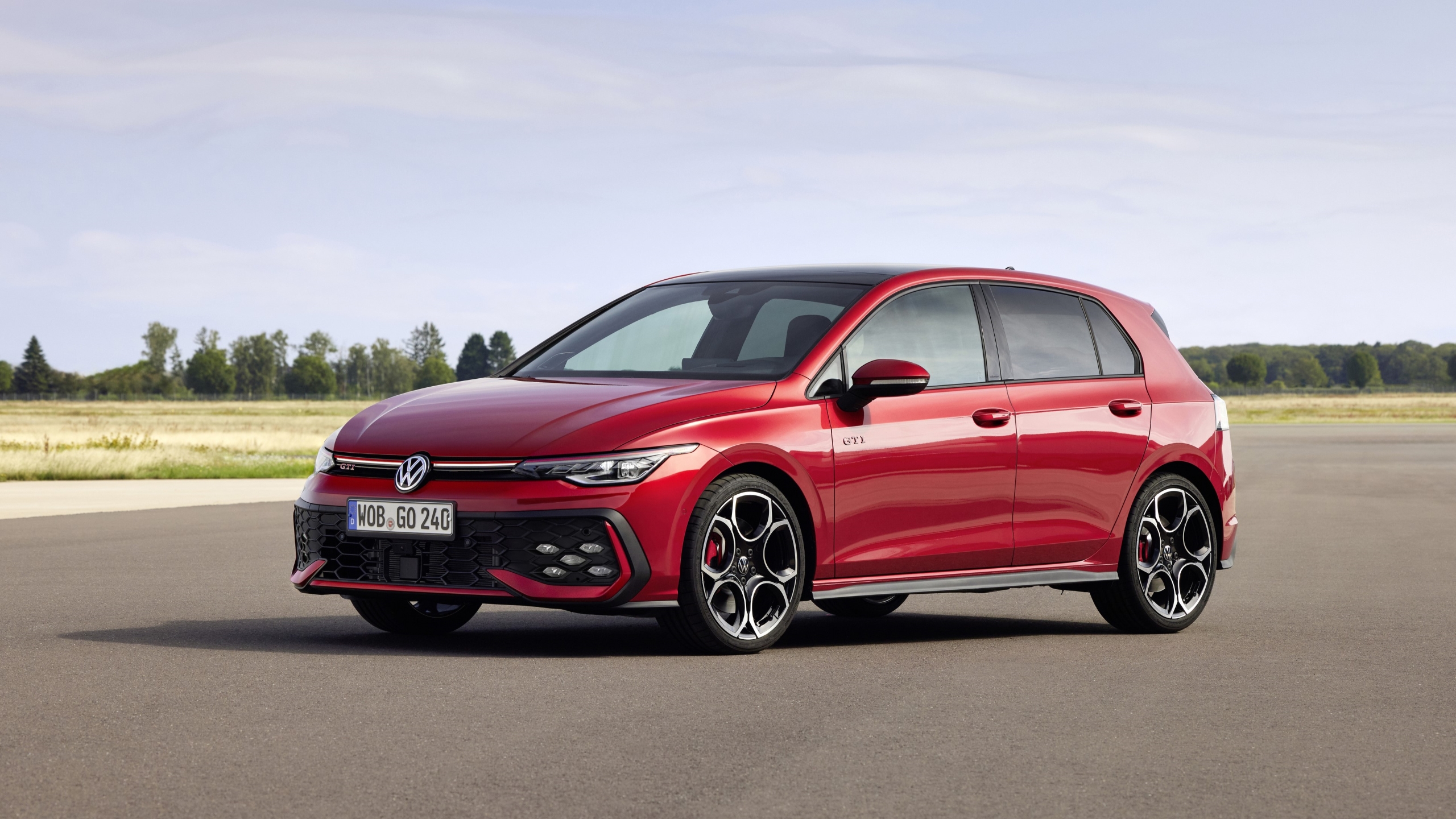

More has come to light about the $5.8 billion partnership between Rivian and Volkswagen Group as well as what it will actually lead to. Yes, EVs, but more specifically, Audi and Porsche will utilize Rivian’s EV architecture and software as early as 2027. VW’s flagship EV—dubbed “Project Trinity”—has a clear path too.
But first, Rivian will help with the electric ninth-gen Golf.
Project Trinity has been aimlessly kicking around since the early part of this decade. We knew it was going to be the basis for VW’s future EV product plans, which included a brand-new architecture, autonomous driving tech, and new strategies in vehicle manufacturing. We just didn’t know when or what.
Honestly, we’re still not quite sure about Project Trinity’s finer details but recent comments from VW brand CEO Thomas Schäfer say that the Level 4 self-driving thingabmabob will arrive not in 2026 or 2028 but in 2032. And it’s not going to be built in a new, dedicated facility as initially planned since, well, VW Group is looking at closing Germany plants as a cost-saving manuever. So, although Trinity is still in the works, the test bed will be the next-generation Golf.
According to Automotive News, Schäfer wants to start with a “real volume product.” And what better vehicle than one of VW’s longest-running nameplates? To be based on VW Group’s Scalable Systems Platform, the new Golf EV will debut in 2029.
“We decided on how to do the software-defined vehicle,” said Schäfer. “It will happen with Rivian, the joint venture, where we put the new electric electronics architecture together. But we have also decided that we want to start this journey with a more iconic product. So we’ll start with the Golf.”
Schäfer is not at liberty to speak on behalf of Audi and Porsche, of course, but explains that the scalable EV architecture is not unlike the scalable platforms the VW Group has previously used that can be adapted to fit a full range vehicle lineup.
“Whenever we see opportunities to accelerate development and get into a space faster, partnerships are a good way of accelerating,” he said.
And no need to freak out about VW’s EV future looking too futuristic. VW brand’s design boss Andreas Mindt feels EVs should resemble everyday cars and not be “over-keen” in design. VW has already teased a lookalike as the ID. 2all.
Don’t be so quick to bid farewell to the gas-powered Golf, either. It will be part of the VW lineup for as long as possible and maybe even overlap with the electric Golf. Carscoops reported that should the European Union’s ban on internal combustion cars go into effect in 2035, an exemption on e-fuels could be the loophole needed to keep some ICE-powered vehicles on the road. However, with the current global EV pushback, any proposed ICE ban timeline looks to be in jeopardy.